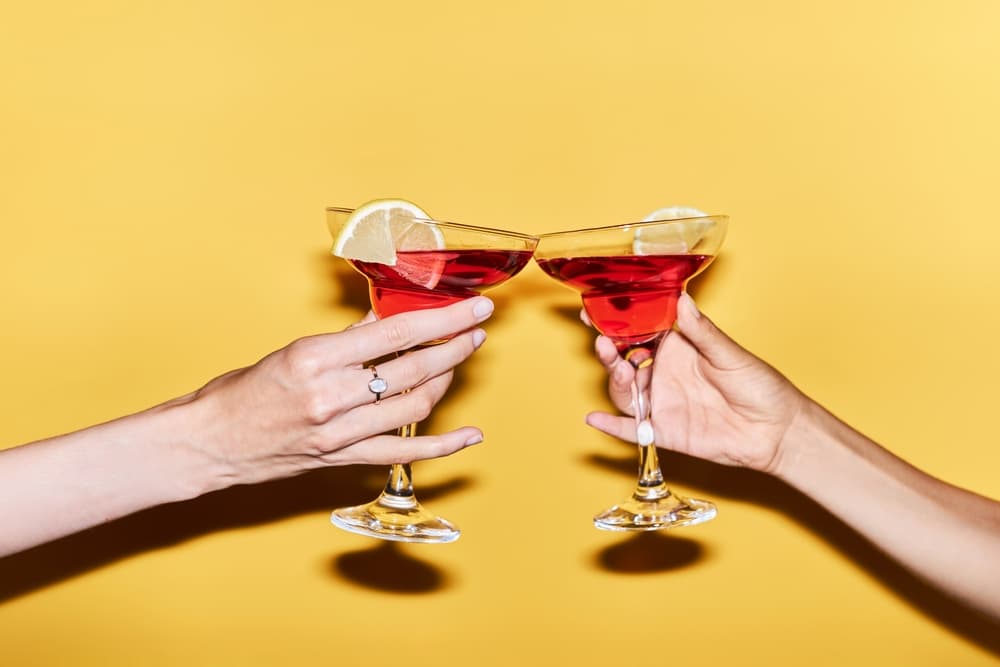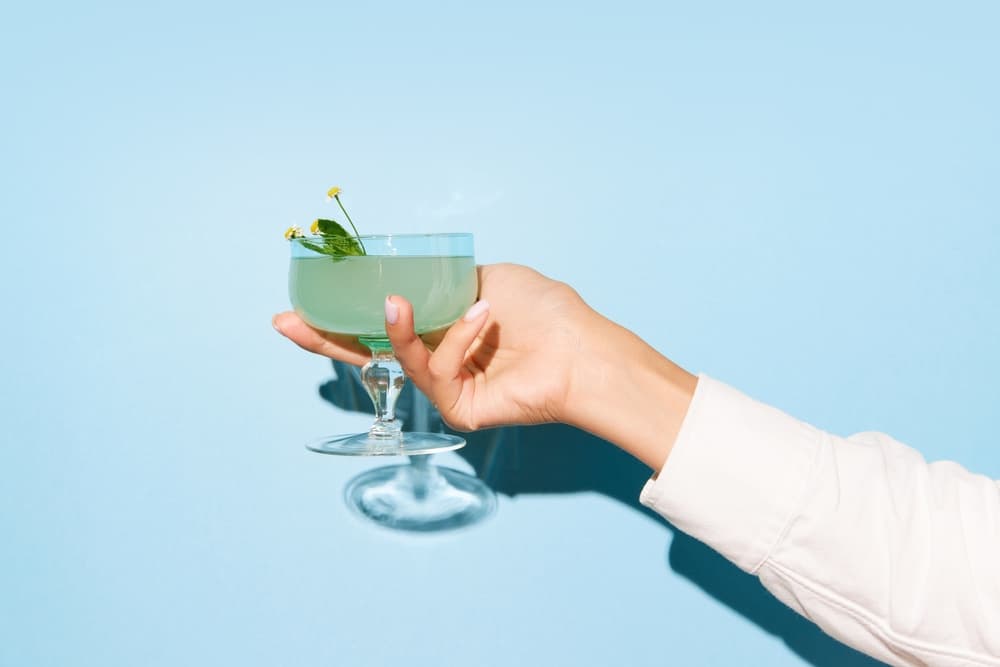What Is a Cocktail Drink?
In the world of beverages, few drinks are as celebrated and versatile as the cocktail. But what is a cocktail drink, and why are drinks called cocktails? This blog delves into these questions, exploring the history, definition, and nuances differentiating cocktails from other mixed drinks.
Cocktail Meaning: Where Did the Term Come From?
The word “cocktail” has been around since at least the early 19th century, and its exact origins are still debated. One of the first documented definitions appeared in The Balance and Columbian Repository in 1806, describing a cocktail as “a stimulating liquor composed of spirits of any kind, sugar, water, and bitters.” This definition aligns closely with what we now consider the classic cocktail formula—think Old Fashioned or Manhattan.
As for the term itself, there are many colorful theories. Some say it came from the French word coquetier, meaning egg cup, which Creole apothecary Antoine Peychaud allegedly used to serve brandy mixtures in New Orleans. Others believe it originated from the practice of garnishing drinks with rooster feathers or from a misinterpretation of a “cocktail” as a mix of leftover spirits.
Regardless of the origin, the term “cocktail” gradually became associated with a wide range of mixed alcoholic beverages, each reflecting regional flavors and cultural creativity.
Cocktail Drink Meaning in Today’s World
In modern usage, a cocktail refers to any drink made by combining two or more ingredients, at least one of which is alcoholic. These ingredients can include spirits (like gin, vodka, or rum), liqueurs, juices, soda, bitters, herbs, syrups, and even spices. Bartenders—often referred to as mixologists in the craft scene—carefully balance flavors to create drinks that are not only enjoyable but also artistically expressive.
Today’s cocktail culture includes everything from pre-Prohibition classics to avant-garde creations involving molecular gastronomy techniques. Bars around the world now serve drinks with smoked infusions, edible garnishes, and house-made tinctures. The cocktail has become a canvas for innovation, enjoyed both at upscale lounges and casual backyard gatherings.
Difference Between a Cocktail and a Mixed Drink
To understand what a cocktail drink is, it’s essential to distinguish it from the broader category of mixed drinks. A cocktail is a mixed drink with at least three ingredients: a base spirit, a modifier, and a flavoring or garnish. The artistry of a cocktail lies in its balanced combination of these elements, creating a harmonious and often complex flavor profile.
Mixed drinks, on the other hand, encompass a wider variety of beverages. Any drink blending two or more ingredients can be considered a mixed drink. This includes combinations like a gin and tonic or rum and coke, where the primary focus is on the base spirit, complemented by a mixer. The distinction is subtle but significant: while all cocktails are mixed drinks, not all mixed drinks are cocktails.
The origins of the term “cocktail” are somewhat murky, but it is widely believed to have first appeared in print in the early 19th century. One popular theory suggests that the name comes from the practice of garnishing the drink with a rooster’s tail (cock tail) feather to signify its spirited nature.
Another theory suggests the word “cocktail” derives from the French word “coquetier,” meaning egg cup, which was used to serve early mixed drinks in New Orleans. Regardless of its etymology, the cocktail has evolved into a sophisticated and celebrated category of drink.
The Evolution of Cocktails
Cocktails have undergone significant evolution since their inception. In the early 1800s, cocktails were simple mixtures of spirits, water, sugar, and bitters. This formula, often called the “old-fashioned” way, laid the foundation for developing more elaborate drinks.
By the late 19th and early 20th centuries, the Golden Age of Cocktails saw bartenders experimenting with various ingredients, including liqueurs, syrups, and fresh juices. This experimentation led to the creation of iconic drinks like the Martini, Manhattan, and Daiquiri.
Prohibition in the United States (1920-1933) forced bartenders to become more inventive, as they sought to mask the often harsh flavors of illegally obtained spirits. This period gave rise to many classic cocktails that remain popular today. The post-prohibition era and the mid-20th century saw a decline in the quality and creativity of cocktails. However, a renaissance in the late 20th and early 21st centuries has revitalized the craft. Today, the cocktail scene is vibrant and diverse, with bartenders pushing the boundaries of flavor, technique, and presentation.

Is Cocktail Alcohol-Based?
Yes, traditionally, cocktails are alcohol-based. The very foundation of the classic cocktail definition includes a spirit—be it whiskey, gin, vodka, rum, or another distilled liquor. However, the growing demand for non-alcoholic options has led to the rise of mocktails, which are essentially cocktails without alcohol.
Mocktails mimic the complexity and sophistication of traditional cocktails using ingredients like fruit juices, infused syrups, herbs, and soda water. They’re perfect for those who want to enjoy the ritual and flavor of a cocktail without the alcohol content.
Nonetheless, when people refer to “cocktails” in the traditional sense, they are almost always talking about drinks that contain alcohol.
Reliable Portable Bars
A cocktail is a mixed drink known for its complexity and balance. It typically comprises a base spirit, a modifier, and a flavoring or garnish. Whether enjoyed as a classic concoction or a modern creation, cocktails offer endless flavors and experiences, making them a beverage staple.
So, next time you ask, “Is a cocktail a mixed drink?” remember that all cocktails are mixed drinks. The art and precision of making a cocktail set it apart in a league of its own.
SmartBar Products offers the best portable bars in the industry. Contact us and experience our portable solutions!

